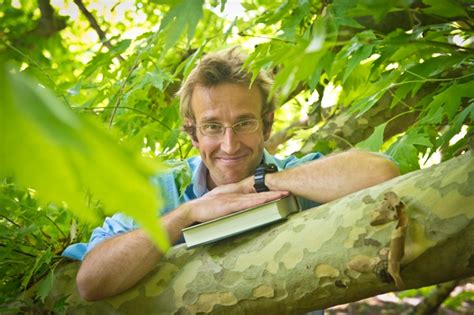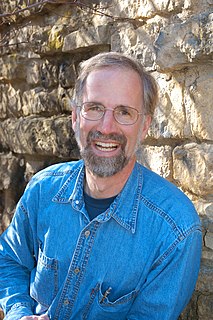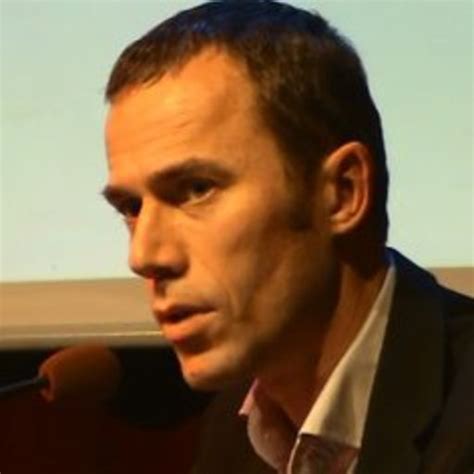A Quote by Werner Heisenberg
What we observe is not nature itself but nature exposed to our method of questioning. Our scientific work in physics consists in asking questions about nature in the language that we possess and trying to get an answer from experiment by the means that are at our disposal.
Related Quotes
Philosophical questions are not by their nature insoluble. They are, indeed, radically different from scientific questions, because they concern the implications and other interrelations of ideas, not the order of physical events; their answers are interpretations instead of factual reports, and their function is to increase not our knowledge of nature, but our understanding of what we know.
Nature consists of facts and of regularities, and is in itself neither moral nor immoral. It is we who impose our standards upon nature, and who in this way introduce morals into the natural world, in spite the fact that we are part of this world. We are products of nature, but nature has made us together with our power of altering the world, of foreseeing and of planning for the future, and of making far-reaching decisions for which we are morally responsible. Yet, responsibility, decisions, enter the world of nature only with us
In science we see progress. In art there is no progress. In art the questions have always been the same. From the beginning of time till now, we are always asking the same questions. There are very few. We are looking for God, we are asking why we die, we are contemplating sex and the beauty of nature. The only thing that changes is that, in each period of questioning, we speak with the language of our time.
Technology is neutral and sterile. Now, technology is the nature of modern man; it is our environment and our horizon. Of course, every work of man is a negation of nature, but at the same time, it is a bridge between nature and us. Technology changes nature in a more radical and decisive manner: it throws it out.
The answer to the nature of our existence is somewhere in the middle, and that, of course, is what we're looking for: how to see ourselves in a new picture of ourselves and understand the questions that humans have asked forever, "Who are we, how did we get here, where are we going, and what's the nature of this reality that we're in?"
At a time when threats to the physical environment have never been greater, it may be tempting to believe that people need to be mounting the barricades rather than asking abstract questions about the human place in nature. Yet without confronting such questions, it will be hard to know which barricades to mount, and harder still to persuade large numbers of people to mount them with us. To protect the nature that is all around us, we must think long and hard about the nature we carry inside our heads.
Mystical experience of nature can be of particular relevance to our troubled age, bringing deeper into our consciousness and emotions the logic that nature sustains humanity as humanity must, in turn, sustain nature. Rationality alone, however, cannot be our guide in the task of restoring our environment. A spiritual connection to nature must inspire the emotional commitment that is the yin, complementing the yang of intellectual understanding.
It is part of our human nature to want to be liked. It is part of our human nature to worry about what others think of us. It is an attribute of greatness and of American exceptionalism to not surrender to our nature, but to be guided by an inner calling to persevere and to prevail, no matter the personal cost.
Respecting the environment does not mean considering material or animal nature more important than man. Rather, it means not selfishly considering nature to be at the complete disposal of our own interests, for future generations also have the right to reap its benefits and to exhibit towards nature the same responsible freedom that we claim for ourselves. Nor must we overlook the poor, who are excluded in many cases from the goods of creation destined for all.



































